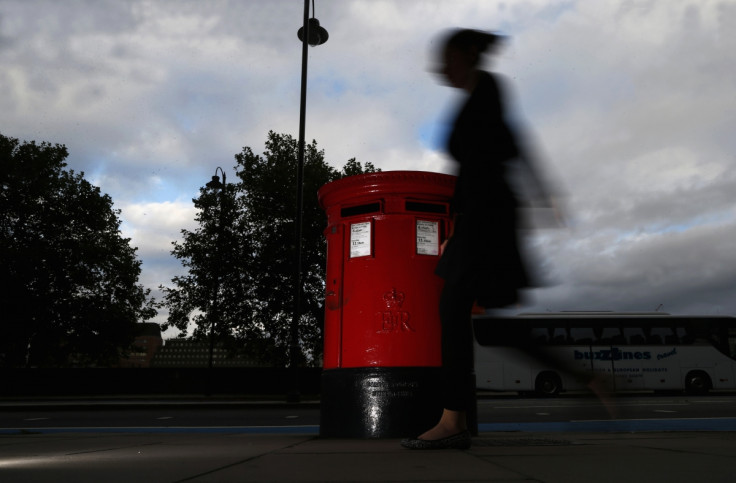Royal Mail Shares: FCA Will Not Investigate Controversial Sell-Off

No investigation by financial regulators into the controversial Royal Mail flotation is needed, according to the chief of the UK banking watchdog.
Martin Wheatley, chief executive of the Financial Conduct Authority (FCA), was being grilled by parliament's Public Accounts Committee (PAC) on the Royal Mail privatisation.
The government has been heavily criticised on the charge of undervaluing Royal Mail when it was floated onto the London Stock Exchange in October 2013 at an offer price of 330p a share.
In the months afterwards the share price soared to as high as 87% above the offer, but has since fallen back to around 56% higher.
In the sell-off, long-term institutional investors were targeted by the government. Ministers have said they were advised by these investors that they would hang on to the shares for a long period of time.
However, when the share price spiked in the aftermath of the IPO, many took their profits and sold off their Royal Mail shares.
"It may well have been disappointing for the issuer to have found that those shares were subsequently sold very quickly," Wheatley told MPs on the PAC.
"That's not a regulatory issue. There was no misconduct. No suggestion of breach."
Wheatley also dismissed the committee's suggestion that the FCA should have started an investigation when the banks who advised the government on its sale – Goldman Sachs and UBS – bought up Royal Mail shares and the price rose significantly.
"Those two facts don't of themselves pass the threshold level for should an investigation be launched," Wheatley said.
"If you wanted to look at where the failure was, the failure was in the pricing decision, not in the regulation."
© Copyright IBTimes 2025. All rights reserved.






















